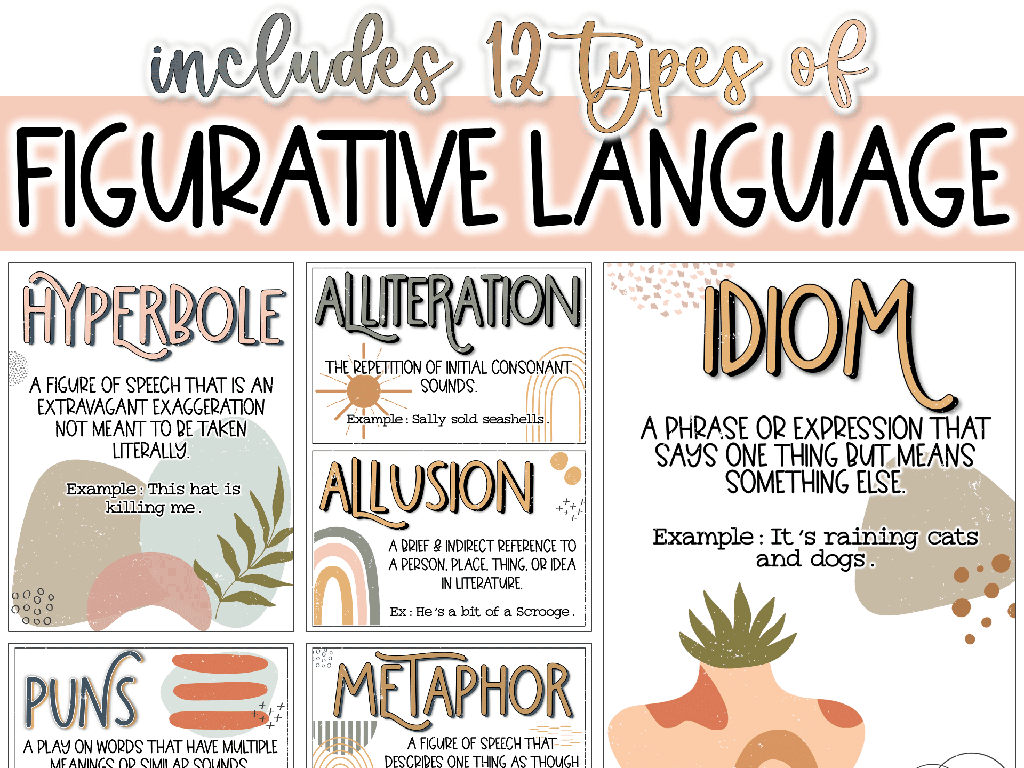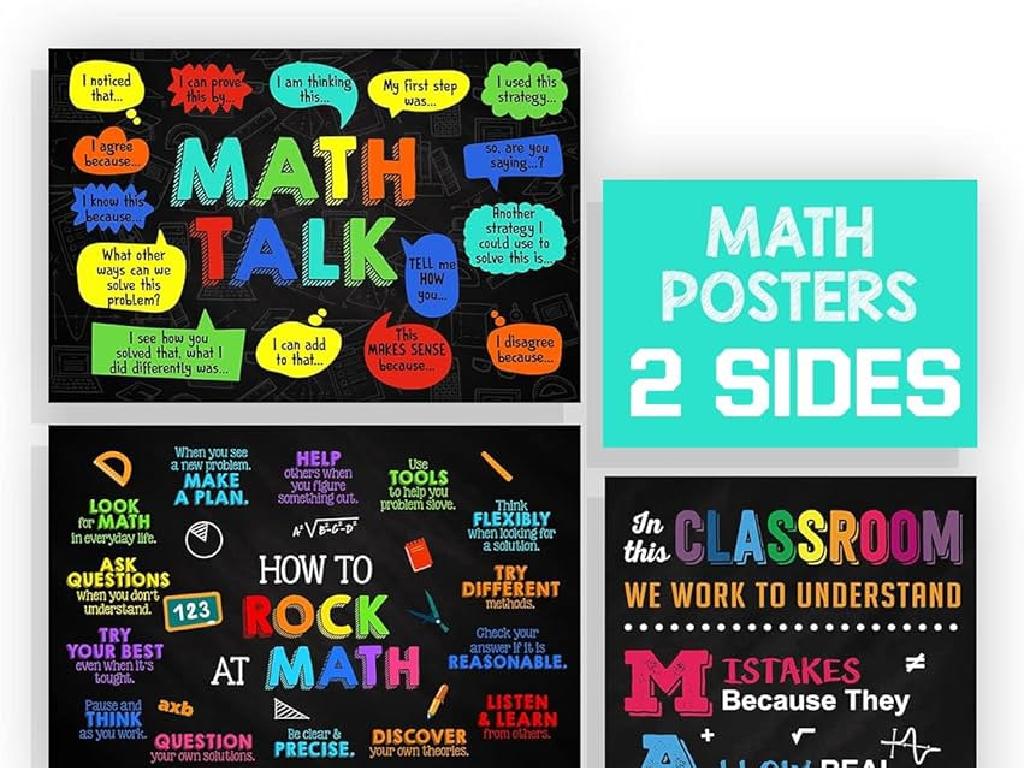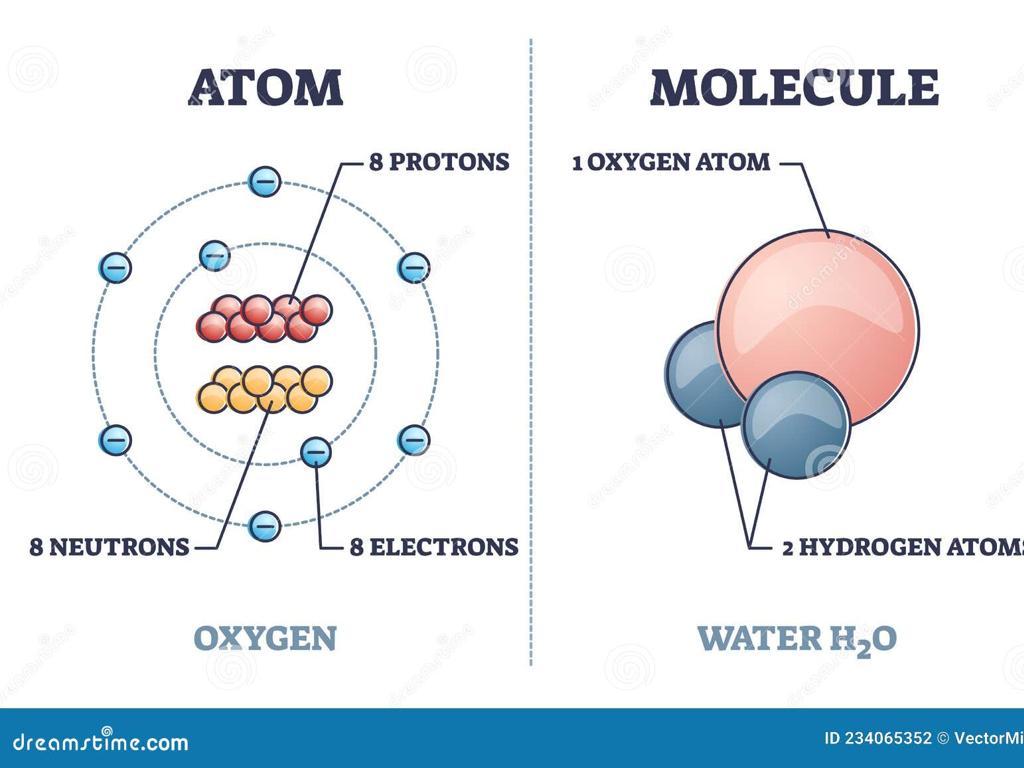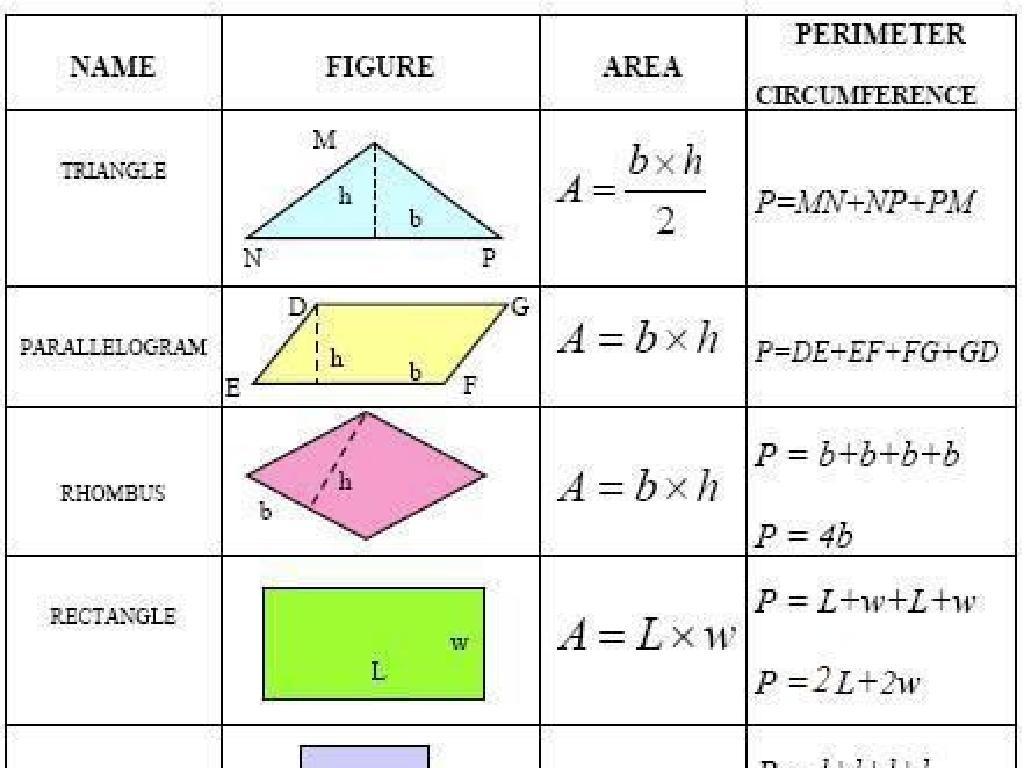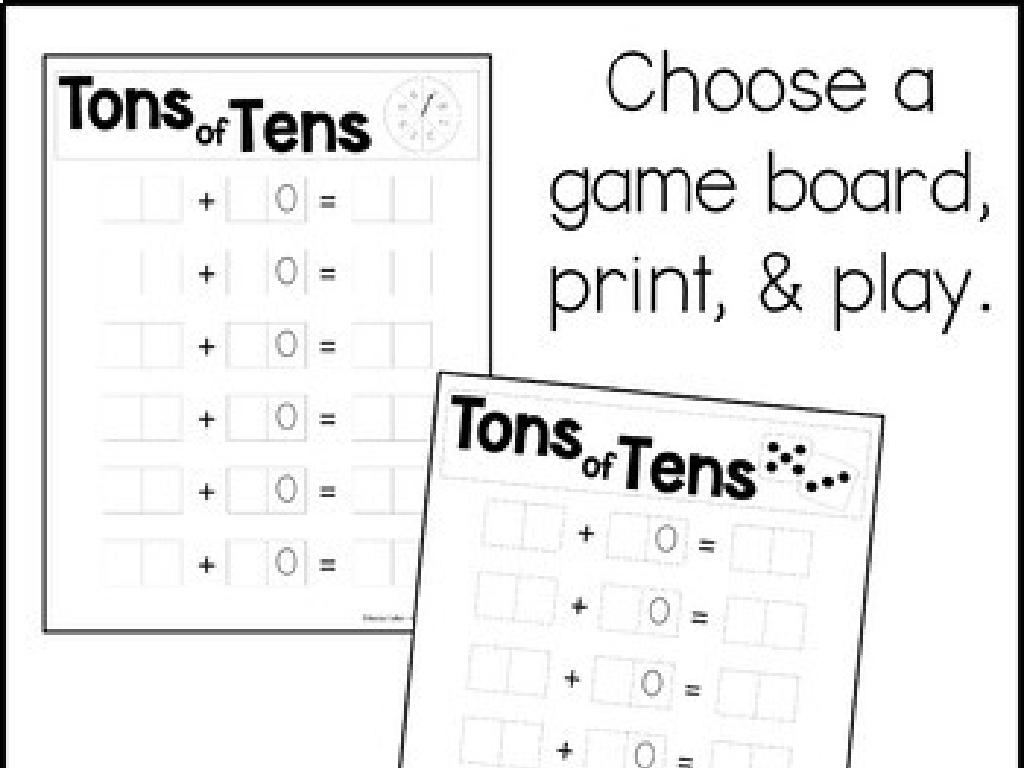Use Guide Words
Subject: Language arts
Grade: Eighth grade
Topic: Reference Skills
Please LOG IN to download the presentation. Access is available to registered users only.
View More Content
Navigating with Guide Words
– Importance of reference skills
– Reference skills are crucial for effective research and writing.
– Defining guide words
– Guide words are terms listed at the top of dictionary pages to help locate words.
– Guide words in research
– They narrow down searches, saving time and improving accuracy.
– Guide words in writing
– Use guide words to structure writing and include accurate vocabulary.
|
This slide introduces students to the concept of guide words as part of their reference skills, which are essential for academic success. Start by discussing why reference skills are important, emphasizing how they aid in finding information efficiently. Explain guide words as navigational tools in dictionaries that indicate the first and last words on a page, helping users to find words quickly. Illustrate how these skills are not only useful for research but also for enhancing their writing by choosing precise language. Provide examples by showing a dictionary page and demonstrating how to use guide words. Encourage students to practice using guide words in class with a dictionary scavenger hunt activity.
Understanding Guide Words in Dictionaries
– Define guide words
– Words at the top of dictionary pages
– Guide words’ location and purpose
– They help locate words quickly; found at the top corners
– Examples of guide words
– ‘Apple, Aquarium’ guide for ‘Aptitude’; ‘Cat, Ceiling’ for ‘Charm’
– Practice finding words
– Let’s look up ‘Harmony’ and ‘Zeal’ using guide words
|
Guide words are essential tools for efficient dictionary use, especially in print versions. They are typically located at the top of each page and serve as indicators of the first and last words on that page, helping users navigate quickly to the word they are searching for. Provide clear examples by showing actual dictionary pages or simulated ones on the slide. Encourage students to bring their dictionaries to class and practice finding words using guide words. This will help them develop their reference skills, which are crucial for expanding vocabulary and improving language arts proficiency.
Mastering Guide Words
– Understanding guide words
– Guide words at the top of dictionary pages help locate words quickly.
– Practice locating words
– Find words that come alphabetically between the guide words.
– Tips for efficient use
– Look at the first letter of the word and compare with guide words.
– Enhance dictionary skills
– Using guide words can speed up your dictionary search and improve vocabulary.
|
This slide aims to teach students how to effectively use guide words to quickly find words in a dictionary or glossary. Guide words are found at the top of each page and serve as a reference point for what words can be found on that page. Students should practice by picking random words and locating them using guide words, which will help them understand alphabetical order and word placement. Provide tips such as paying attention to the first letter of the word and comparing it to the guide words to determine if the word comes before, between, or after them. Emphasize that mastering the use of guide words can greatly enhance their reference skills, making their research and writing tasks more efficient.
Navigating Reference Materials with Guide Words
– Guide words in dictionaries vs. thesauruses
– Dictionaries list words alphabetically, thesauruses group by synonyms.
– Utilizing guide words in encyclopedias
– Encyclopedias use guide words to navigate through detailed articles.
– Activity: Identify guide words
– Look at the top of dictionary/thesaurus/encyclopedia pages; what do they tell you?
|
This slide introduces students to the concept of guide words and their application in different reference materials. Guide words are found at the top of the pages in dictionaries and thesauruses to help quickly locate words or synonyms. In encyclopedias, they serve to navigate through long articles. The class activity will involve students using a variety of reference materials to practice identifying guide words and understanding their utility. For the activity, provide dictionaries, thesauruses, and encyclopedias. Students will look up specific words or topics and note the guide words that helped them in their search. This exercise will enhance their research skills and familiarize them with the structure of reference books.
Class Activity: Guide Word Scavenger Hunt
– Form teams for the scavenger hunt
– Each team receives reference materials
– Use guide words to locate information
– Guide words at the top of dictionary pages help you find words quickly
– Present your findings to the class
|
This interactive class activity is designed to help students understand the use of guide words in reference materials such as dictionaries. Divide the class into small teams and provide each with different reference materials. Their task is to find specific information using the guide words found at the top of the pages. After the hunt, each team will share their findings with the class, explaining how the guide words helped them. This will reinforce their reference skills and encourage teamwork. Possible variations of the activity could include a timed challenge, finding the most obscure word, or creating a story using the words they find.
Conclusion: Mastering Guide Words
– Recap guide word usage
– Guide words help locate words in dictionaries and other references quickly.
– Importance of reference skills
– Strong reference skills are vital for efficient research and learning.
– Engage in Q&A session
– Ask any questions about guide words or reference skills.
– Reflect on today’s learning
|
As we wrap up today’s lesson, let’s review the use of guide words. These are the words at the top of dictionary pages that help us find words faster. Understanding how to use guide words is a crucial part of developing strong reference skills, which are essential for academic success. Reference skills allow students to independently gather information and expand their knowledge. Open the floor for a Q&A session, encouraging students to ask questions or express any confusion they might have. This will help ensure they have a solid grasp of the material. Finally, take a moment to reflect on what was learned and how it can be applied in future research tasks.

